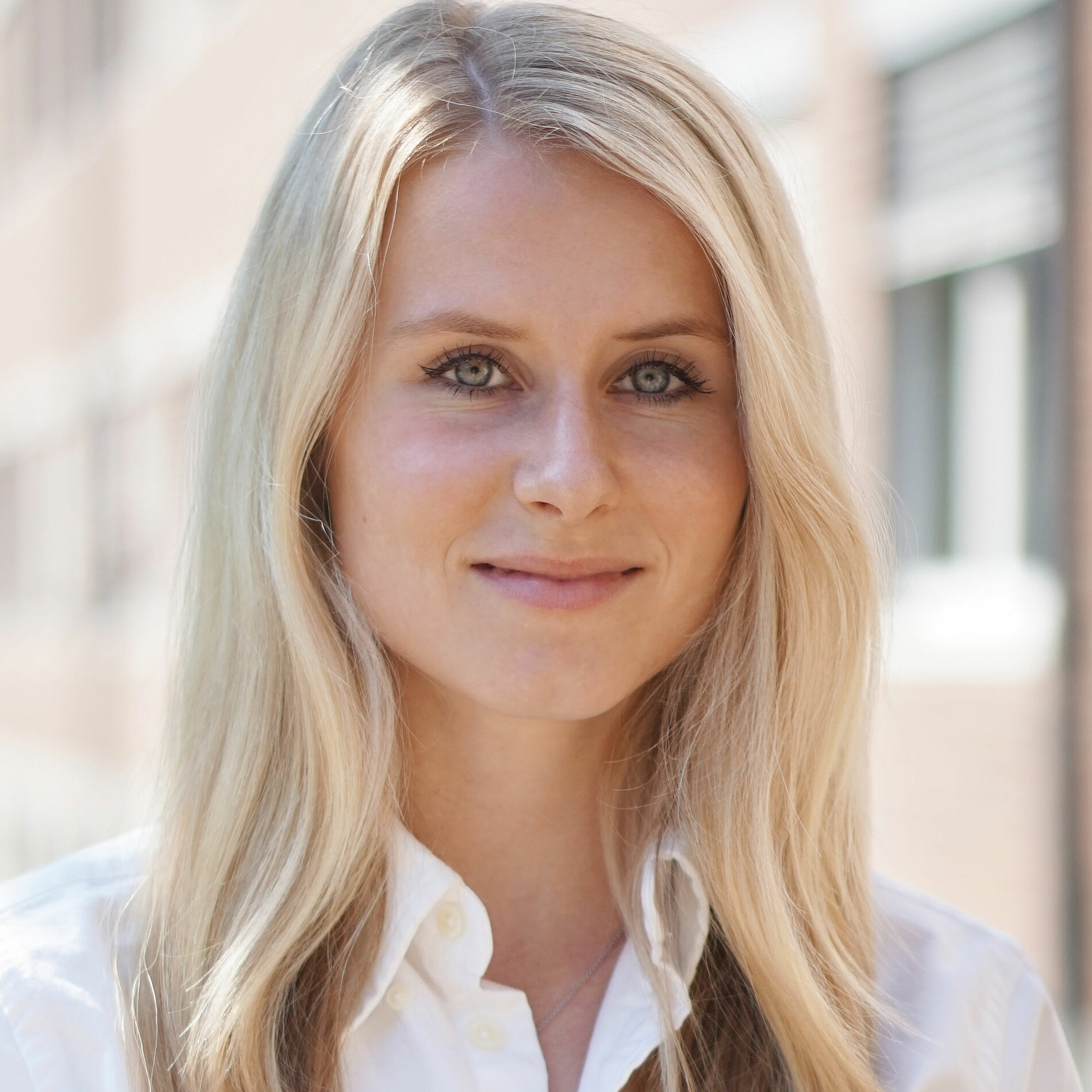Consumer preferences for beef color - A research visit at Colorado State University
Reducing food waste is becoming increasingly important against the backdrop of planetary boundaries and a growing world population. In particular, wasting resource-intensive meat products needs to be avoided. In the course of a research stay at Colorado State University, I am investigating interdependencies between sensory characteristics, product appeal, and consumer acceptance with regard to fresh beef steaks. Research results of this project can support the development of more target-oriented marketing measures addressing individual consumer groups in order to reduce the amount of beef products that are not demanded and therefore wasted at the retail stage.
Against the background of planetary boundaries and a globally increasing demand for food, the reduction of food waste is becoming increasingly important. In this context, a more efficient use of resources such as water, land, labor and energy can only be achieved by reducing wasted food along the entire value chain. Since the production of beef in particular is associated with high greenhouse gas emissions per unit of production, the reduction or avoidance of wasted meat products can make an important contribution with regard to reducing the carbon footprint of the meat value chain.
In this context, meat wastage in grocery stores as a result of consumer preferences is a challenge that has only recently been brought into the sustainability discussion. Many consumers associate beef color with meat quality at the time of purchase and prefer a bright cherry red beef color. A dark red to brownish discoloration that occurs during retail display can lead to consumer rejection. Less preferred beef products are therefore usually initially marketed at a reduced price or are even discarded by retailers, even though they are still edible.
With my current project following my doctorate, I, Annika Thies (Thünen Institute for Market Analysis, Braunschweig), would like to contribute to reducing meat waste due to consumer preferences. In the course of a one-year research stay at Colorado State University (CSU) and in collaboration with an interdisciplinary team of researchers, I analyze interdependencies between sensory characteristics, product appeal, and consumer acceptance for beef in North America .
As part of the International DLG Prize, DLG provides financial and organizational support during an important stage of my research project. The Center for Meat Safety and Quality and the Department of Agricultural and Resource Economics at CSU provide an excellent and stimulating research environment. I have the opportunity to work closely with renowned scientists in the field of meat quality, gain insights into a new academic system and can also gain further practical experience with regard to meat production and processing practices.
Colorado State University is a land-grant institution founded in 1870 as the Colorado Agricultural College. It is located within reach of the Front Range of the Rocky Mountains, about 100 km north of Denver. Around 2,000 lecturers currently teach around 33,000 students in eight colleges and 55 academic departments. Almost 2,500 foreign students and scientists from more than 110 countries work and conduct research at campus in Fort Collins. The international flair and the hospitable atmosphere have given me a very easy start at the Center for Meat Quality and Safety. Right at the beginning of my research stay I was struck by how both faculty and students engage with the university and its philosophy.
Under the mentoring of Prof. Mahesh Nair, seven Master's and Doctoral students work independently on research projects at the Center for Meat Quality and Safety. Their research results are of great interest, especially for regionally based food companies. Above all, I find the direct involvement of the students in research projects as well as the close collaboration among faculty and students very fruitful and impressive. Within this research environment I have the opportunity to support other ongoing projects in addition to my own scientific work and thereby gain insights and experience in new research areas such as sensory panels or laboratory work.

Dr. Annika Johanna Thies
Research Associate
Thünen Institute for Market Analysis
Braunschweig, Germany
The Johann Heinrich von Thünen Institute, Federal Research Institute for Rural Areas, Forestry and Fisheries – Thünen Institute in brief – consists of 15 specialized institutes with socioeconomic, ecological and technological expertise. The Thünen Institute conducts research and policy advice related to rural areas, agriculture, forests and fisheries.

